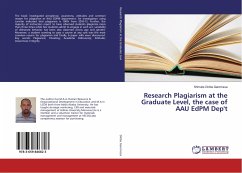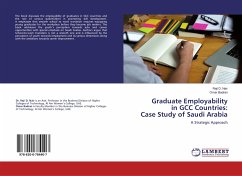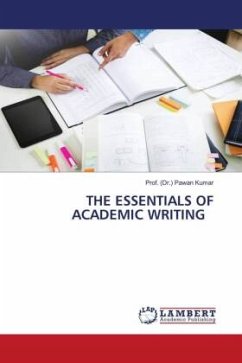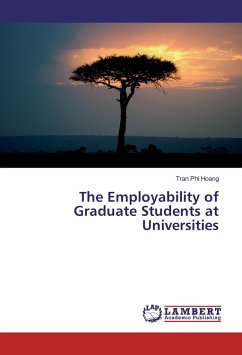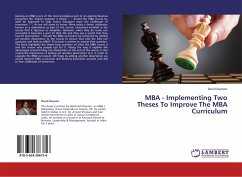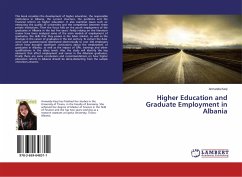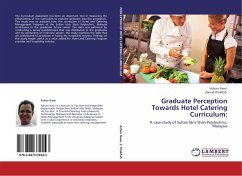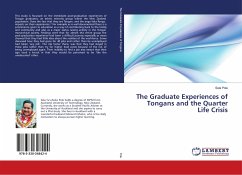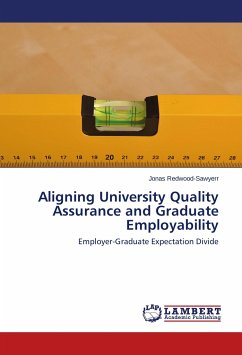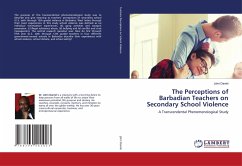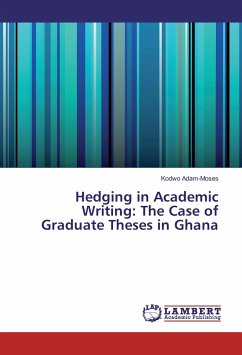
Hedging in Academic Writing: The Case of Graduate Theses in Ghana
Versandkostenfrei!
Versandfertig in 6-10 Tagen
37,99 €
inkl. MwSt.

PAYBACK Punkte
19 °P sammeln!
Recent studies on scientific writing posit that academic texts should no longer be viewed as mere accounts of factual information but as socially constructed rhetorical artifacts which seek to negotiate with and persuade the reader. The present study thus investigates the linguistic forms and discourse functions of hedging devices used in English and Chemistry Masters' theses in a Ghanaian university, using Hyland's 1998 Polypragmatic Model. Based on 20 theses each randomly selected from English and Chemistry, the study which employs a mixed method research approach concludes that, even though...
Recent studies on scientific writing posit that academic texts should no longer be viewed as mere accounts of factual information but as socially constructed rhetorical artifacts which seek to negotiate with and persuade the reader. The present study thus investigates the linguistic forms and discourse functions of hedging devices used in English and Chemistry Masters' theses in a Ghanaian university, using Hyland's 1998 Polypragmatic Model. Based on 20 theses each randomly selected from English and Chemistry, the study which employs a mixed method research approach concludes that, even though English and Chemistry Masters students employ both lexical and non-lexical categories of hedges to make claims, the practice is purely a lexical phenomenon. It also observes that the various forms of hedges used perform three main pragmatic functions - expressing claims with uttermost accuracy, ensuring self-protection, and creating dialogue with readers. The study, among others, makes contribution to the literature on thesis writing in particular and academic writing in general.



